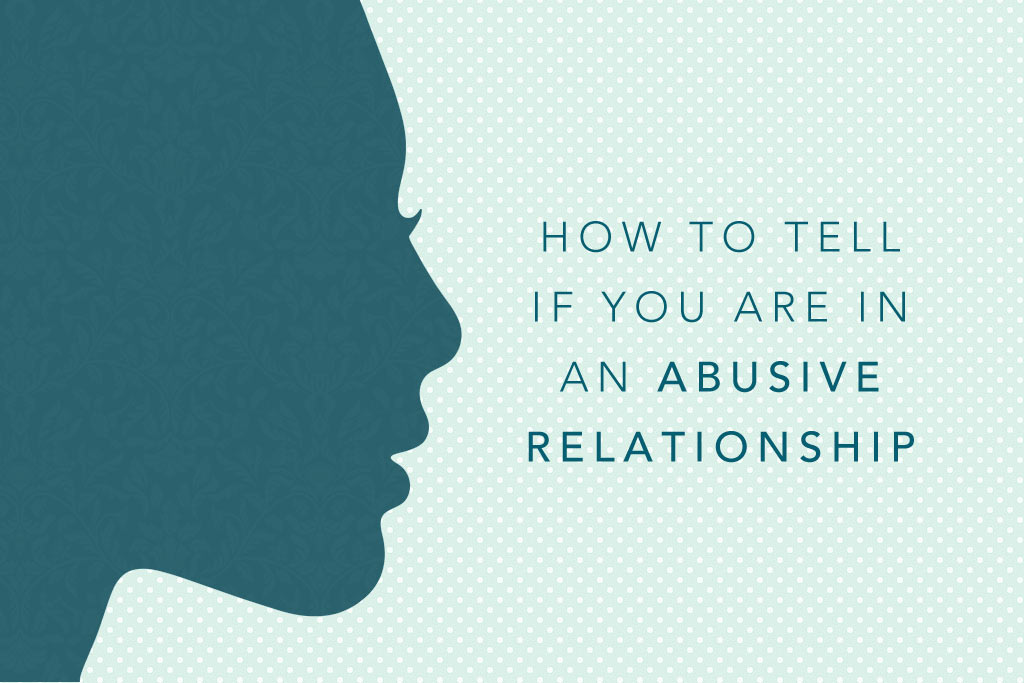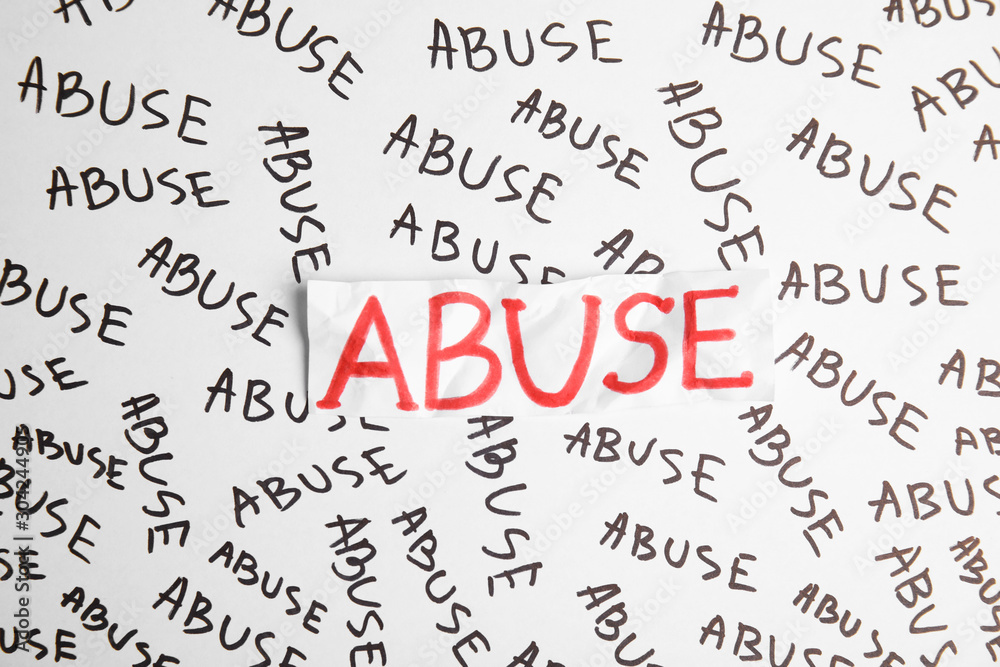
Domestic violence in a relationship is a pattern of behavior that causes physical, emotional, sexual, or financial harm to the partner.
Dating or domestic violence often evolves from constant arguments that the 2 lovers fail to resolve satisfactorily.
To be able to stop violence in a romantic relationship, we need to be aware of the early signs of violence in a relationship.
How to Recognize Violence in a Relationship
Here are the signs of domestic violence to help you recognize when your romantic relationship is on the brink of failure, and how to stop violence from escalating.
- Not letting go
- Jealousy
- Constant control
- Extreme behavior
- Emotional abuse
- physical and verbal abuse
- You’re not alone
Not letting go
One of the first red flags in a romantic relationship is the inability of the partners to let go.
No matter the situation of the relationship, one partner should be able to take the lead and keep the fire burning.
If there’s an argument, for example, you should be able to find something to reunite you again after you’ve resolved your issue.
It could be something as small as a watching movie together, planning your weekend, or others.
You should also discuss things that are very personal such as your circle of friends or your appearance.
Sometimes, explanations are not even given, it should simply run after the head of one person and suggestions may not be given so it does not end in a dispute.
Jealousy
Jealousy is common in romantic relationships, and it’s often believed that when a partner is jealous, he/she loves you.
While this may be true, sudden jealousy is very toxic to your relationship.
For example, your partner may want to intervene in your circle of friends, your job, hobbies, etc, and it can lead to isolation.
In no time, your partner complains of too little time together and a lack of attention from you, even if you see each other every day.
There is always some excuse not to visit family and friends, neither your own nor your partner’s.
In such a case, one is completely cut off from one’s social environment and unconsciously absorbed.
It can also happen that you are persuaded to give up your job and take care of your partner or children at home.
Constant control
Do you just switch off your mobile phone for let’s say an hour and by the time it’s on again, you get multiple missed calls and text messages asking where you are and what is going on?
You were only at work or the battery was empty. The messages are becoming increasingly aggressive and come at shorter intervals. This is more about jealousy and control.
Unless it is an emergency, such behavior should not be considered normal.
It becomes particularly critical when one side demands to keep the GPS on permanently so that one can always see where the other is.
A healthy relationship is based on a lot of trust and respect, which can hardly or not be given in the above situations.
Often, a partner believes he can control the other which makes him feel guilty.
Extreme behavior
An argument breaks out and the partner begins to behave aggressively. It doesn’t always have to be physical violence.
There are different types of violence in a romantic relationship or marriage.
Words and actions against objects can also get aggressive, but in no time, the partner feels sorry, affection arises and wants you back in love tie.
Immediate remorse can also arise after physical abuse in marriage or a relationship, and it’s a red flag.
The moods go as fast as they came and the apology and a sad look should make everything right again.
You didn’t mean it that way, the other should know that. An apology is a cure for everything that happened before, and it is required to accept the other person as it is.
Even the excuse of being under the influence of alcohol does not need to be met with understanding.
Even after speaking out, this scenario happens several times, and each time it is sworn that it will not happen again.
According to statistics, however, there is a high probability that it will very well happen again.

Emotional Abuse
Constant insults, derogatory words, or constant dismissal of wants and needs.
All of this can destroy the victim’s psychological well-being. The self-confidence is destroyed by the degradation and the feeling of being belittled.
Once it happens, there is a good chance it will repeat itself.
Often you are lucky and friends or family notice it and with help, you can get out of this relationship.
But many remain trapped in these scenarios and their situation worsens.
Emotional violence can be intentionally instilling fear, intimidation, devaluing, ridiculing, Lack of respect, putting under pressure, emotional blackmail, constant control, Prohibitions, etc.
Physical and Verbal Abuse
There is nothing that justifies physical and verbal abuse in a relationship.
When you claim to love someone and start a romantic relationship with the person, there’s nothing worth physical violence or derogatory words that could disturb the emotional intelligence of the person.
Verbal abuse does not result in visible injuries but the damages can be very difficult to heal even more than physical abuse.
Even not all physical abuse result in injuries, and it often happens that it escalates out of an argument.
The causes of physical abuse or verbal abuse then lie in the heat of the moment, but you shouldn’t get into that, and one of the partners should be able to prevent that at all costs.
Physical violence is a criminal offense and has no place in a relationship.
Physical violence includes: Pushing, holding on against one’s will, pulling your hair, Slapping, Kicking, Hitting, Strangling, etc.
There’s no shame in admitting that you need help if you’re aggressive and quick in getting into physical abuse or verbal abuse.
You’re not alone
When issues result in violence, in particular, it is important to understand that there’re people who want to help you.
But the first step must always come from you, people out there can not interfere if you don’t request their help.
Violent partners cannot be “helped” or “re-educated with love”. It is not up to the other side to deal with this either!
It is therefore important to seek help. This can take the form of counseling, therapy, or even with friends and family.
The longer one has been exposed to violence, the more urgent professional help is needed.





